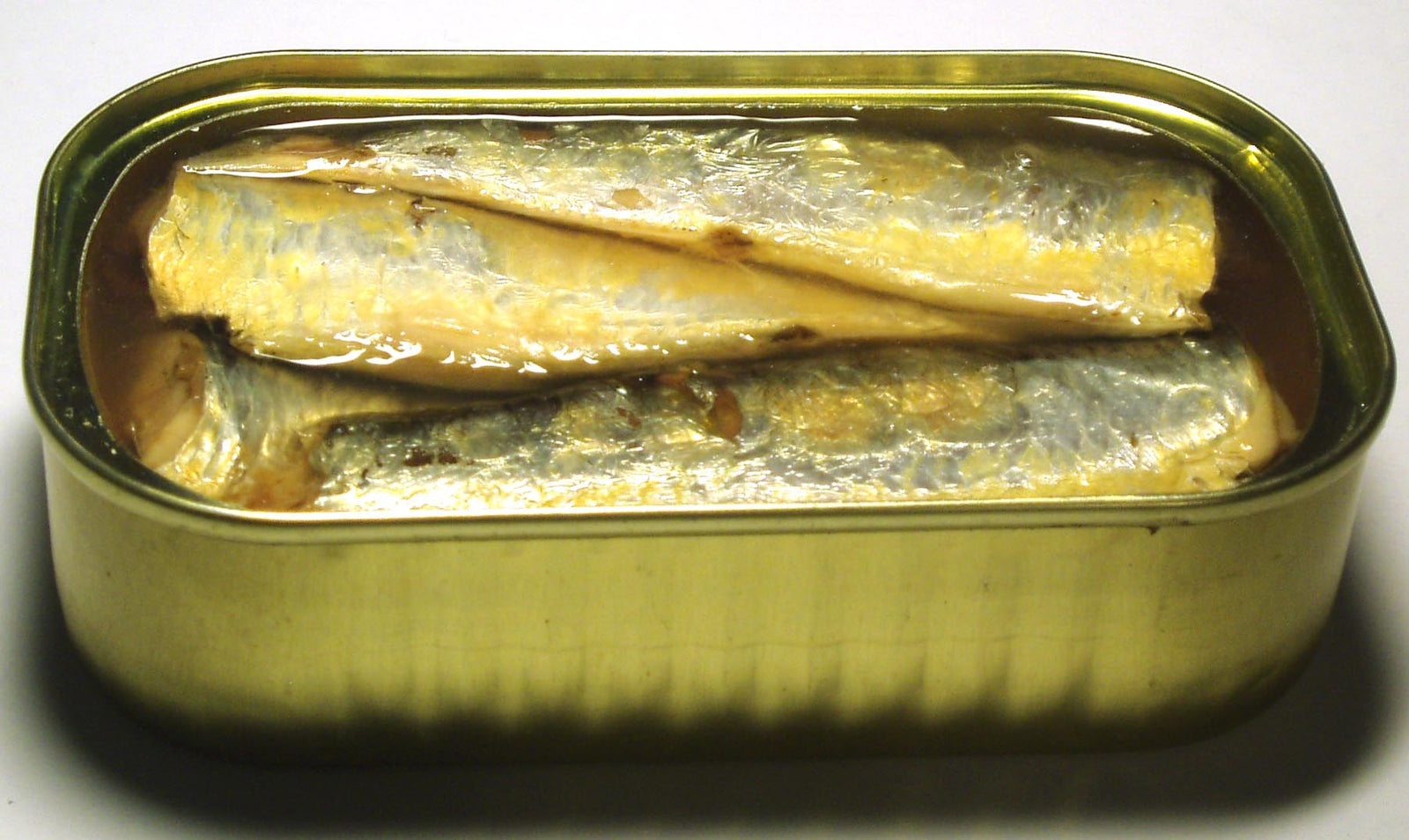Weighing in on Fish Oil Safety
April 13, 2010 3 min read

Recently, an article showed up in the news regarding omega-3 fish oil supplements and their contamination by PCBs (polychlorinated biphenyls). Most of the PCBs in the environment today are due to pesticides that were banned in 1979. The problem is that PCBs are stored in fat tissue and are quite persistent in the environment. The supplement study involved 10 products randomly selected from a health food store. The test results showed that all samples contained PCBs, ranging from very low quantities to amounts high enough to cause concern. Some contained up to 70 times more contaminants than other brands. A lawsuit has been filed against CVS Pharmacy, General Nutrition (GNC), Now Health Group, Omega Protein, Pharmavite, Rite Aid, Solgar and Twin Lab due to their high concentrations of contaminants. Keep in mind that these products were the ones that were randomly selected, so many other companies are likely to be contaminated.
What should health-conscious people do? My answer to that question has been the same for many years. Know where your supplements come from and how they are tested. It matters where supplement companies purchase their raw materials. Companies that are concerned about purity will test every batch of product and maintain the guidelines of the Council for Responsible Nutrition and the European Pharmacopoeia. The acceptable upper limit for PCBs is .09 ppm (parts per million). The company that I use (Pure Encapsulations) tests as low as .0009. They strive to always come in on the lower-end range. Yes, it would be nice if all toxins could be removed, but that is not the world we live in today. In my opinion, the benefits of fish oil outweigh the risks--as long as you buy from a quality company.
How is fish oil processed?
Understandably, testing and removing contaminants is costly. In the case of fish oil the most effective way to remove toxins, including heavy metals and PCBs, is through a molecular distillation process. However, not all distillation processes are created equal. The correct way takes time and the right machinery. Some companies only filter their fish oil. Companies that skimp on the decontamination process obviously save considerable money.
Can you trust a company that says they distill on their label? I am not so sure. Companies are not required to tell the whole truth on labels. In fact, supplement companies are not even required to disclose all their ingredients. However, many respected companies exist that produce the best and cleanest products possible and fully disclose all ingredients.
When I work with my patients my advice is to stick with the companies that I have worked with for years. I thoroughly research these companies so my patients don’t have to. I also review their testing data to make sure that their testing procedures are reliable and efficacious Otherwise, I would have no way of knowing if my therapy is working. As an alternative doctor, good nutrition, supplements, hands-on physical work and exercise are my treatments of choice. All supplements are not created equal.
Alternatives to fish oil
Many people do just fine on a vegetarian diet, supplementing with flax, borage and other oils instead of fish oil. While these oils are good, fish oil offers additional benefits for heart and brain health that are superior to non-fish oils. If you would rather use non-fish oils make sure that you use a blend of flax oil and add borage or black current oil to the mix. Another good idea is to use half non-fish oils and half fish oil.
Recommended daily dose
Another secret when purchasing oils is to see how much EPA/DHA is in each capsule. One reason some companies are inexpensive is because the dose is so small. I recommend does of 1,200 EPA and 800 DHA to most of my patients. At this level, omega-3 oils can balance hormones, support heart health and much, much more.
What kinds of fish should you eat?
Sardines are one of the best fish to eat. While they are fatty, sardines are a much safer option than tuna, swordfish, farmed salmon, and most other fatty fish. When a fish is large and has a long lifespan there is more time to accumulate toxic buildup.
Subscribe
Sign up to get the latest on sales, new releases and more …

